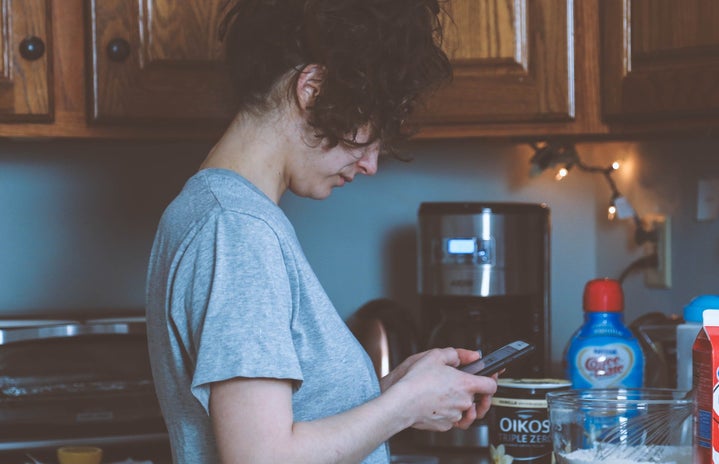“Where can I find food tonight?”
“Will I need an ID at the food pantry?”
“Can I get there in walking distance?”
“My food stamps card was stolen.”
“What happens now?”
Unfortunately, these questions are only a select few that riddle the minds of thousands of Americans as they carry on, unsure of whether or not they’ll be able to satisfy their food and nutrition needs today and the days after. Food insecurity is no simple issue. It is a multi-faceted monster born from the culmination of inequities that plague our society; the fight for equitable food justice is not a one-size-fits-all matter. Rather, it must adapt accordingly to each unique lived reality.
For the past two months, I’ve been able to secure a closer look into the food system that we operate within. Every Monday from three to five o’clock, I am available through the organization, WhyHunger, as a hotline advocate answering calls from people across the nation needing guidance on food and nutrition resources. When I’m not answering the hotline, I’ll call different organizations listed in our resource database to verify that the information available to us is accurate. In just my short time working with WhyHunger, a couple things have become emphatically apparent to me:
- Seemingly simple, random obstacles are amplified into larger issues when paired with situational disadvantages.
-
I received a call from a woman who had recently lost everything in Hurricane Zeta, informing me that her purse – which had her food stamps card in it – had just been stolen. She no longer had her food stamps to use at a grocery store, so she was in need of a food pantry within walking distance. The position that the impact of the hurricane put her in, in tandem with the incidental stealing of her purse, had manifested into yet another problem: an inability to access food. This cause-and-amplified-effect pattern can also be observed when examining how a person’s identity relates to the inequities they experience. Unfortunatley, this pattern is the culprit behind much of the suffering that occurs within communities of the socially oppressed.
- Often, our “solutions” do not take into account that they are at the service of real people’s lived realities.
-
The limitations of food pantry-like resources is extremely frustrating. When calling different sites, more often than not, the locations I encountered were either temporarily closed, had very limited hours of operation, or were unavailable altogether. One man that I talked with was urgently searching for food for that night, yet there were no locations within walking distance to him (he did not have access to transportation) that would be open until later that week. Clearly, though there were food distribution sites in this man’s general area, they were not helpful to his situation at all. Those seeking food resources not only have to know where to look, they have to be available during the limited hours of operation, and have ready access to transportation. On top of that, they need to know how to utilize the source: meaning they have to know whether there is an ID requirement, whether only seniors are served, and if they need their food stamps card. Are solutions really solutions if they are not accessible to every individual’s reality?
As a hotline advocate, I feel that I have only been able to make a limited impact on food insecure individual’s lives because food pantries are obviously not the ultimate, sole solution to food insecurity. Really, it is a much more complex issue, and in order to acknowledge those complexities, we must collaborate on a community level. The communities we seek to serve are the experts on their own needs – solutions must be tailored by them, for them. What do those solutions look like? I have no idea, and that is ok. Only those who are living with food insecurity possess that knowledge. Afterall, it is their reality. The important thing is that when we are called to help, we show up, ready to listen and work.


